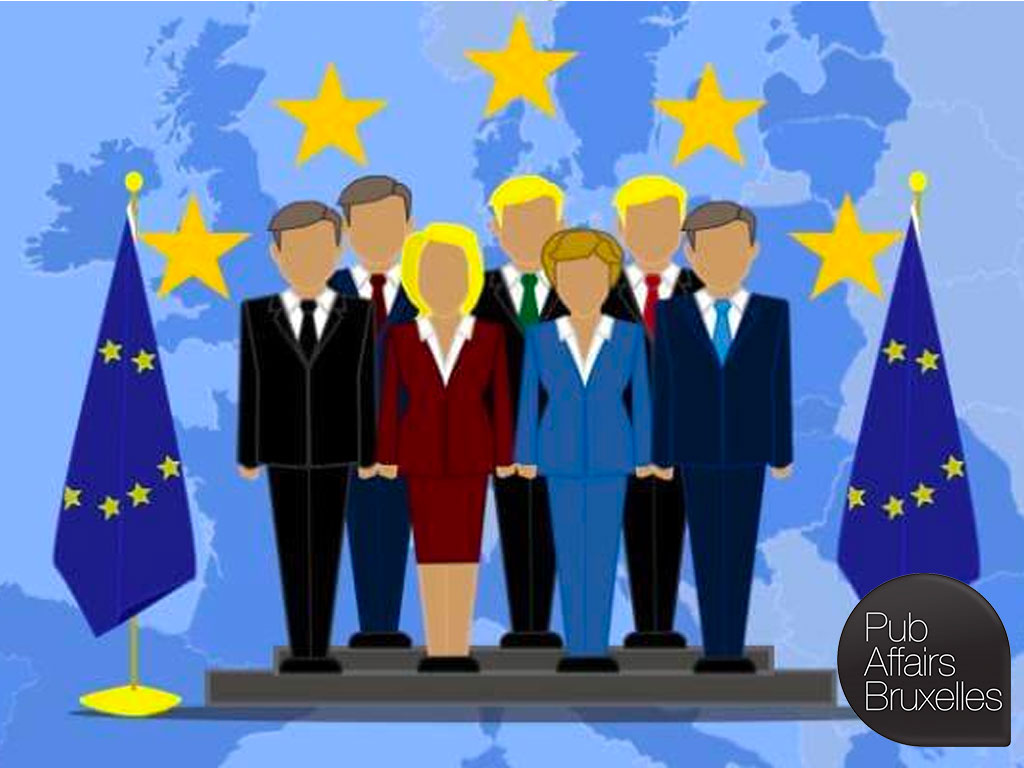We are most pleased to invite you to participate in an evening of discussion on the ‘two-speed Europe’ project and the Brexit negotiations as a unity test for the EU with our distinguished speakers:
- Ms Danuta Maria Hubner MEP (EPP/PL),
- Mr Jo Leinen MEP (S&D/DE),
- Mr Michael Theurer MEP (ALDE/DE).
The debate will be moderated by Graham Bishop, leading expert in EU and UK Economic, Financial and Government Affairs.
This event will be held under the Chatham House Rule.
About the debate
While the UK was grappling with internal disagreements on both the timing of the triggering of Article 50 and the establishment of the extent to which the British Parliament should have controlled the Brexit process, the leaders of the EU’s four largest economies organised a meeting in Paris in order to prepare the 25th of March EU summit in Rome and (re) launch the so-called ‘two-speed Europe’ proposal, namely a newly reinvigorated method to forge ahead with integration, while leaving those not on board free to join when they deem it appropriate. These political developments can also have been interpreted as a first reaction to the so-called ‘White Paper’ in which President Juncker outlined the main challenges and opportunities for Europe in the coming decade and presented five scenarios according to which the European Union could evolve by 2025, depending on how it will respond.
In fact, as massive attention has focused on the possible economic impacts of the Brexit referendum on both the UK and the EU, how the EU bloc itself might change will probably prove to be the most important outcome of this particular political and institutional momentum that the old continent is undergoing. Not without controversy, the Rome summit declaration acknowledged, both in tone and content, the need to ‘act together, at different paces and intensity where necessary, while moving in the same direction’, whereas particular emphasis was given to the question of unity by stating that the European Union is ‘undivided and indivisible’. Indeed, the issue stemming from this last question will be of crucial importance for the achievement of a safe, secure, prosperous and sustainable Europe, which should play a major role at a global level in the years to come.
If the so–called ‘populist movements’ have shaken up the political narrative as well as the public debates both at EU and national level, they do not seem for the time in a position to gain sufficient power to lead to a radical change of Europe’s political and institutional landscape. However, it is not possible to exclude such a scenario becoming reality in the future, if change does not occur fairly soon. Within this context, the possible implementation of the ‘two-speed Europe’ process, the Brexit negotiations, as well as the European Union capacity to adapt to the current circumstances remain elements of capital importance for the years to come. Will the ‘two-speed Europe’ project and the Brexit negotiations constitute a combined unity test?
The event will commence with a welcome drink at 7h00 pm, followed by a panel debate at 7.30 pm. After the panel debate there will be an opportunity for questions and discussions.
We look forward to seeing you at 7h00 pm on the 26th of April at Science14 Atrium, rue de la Science 14-B, Brussels.

